University of Innsbruck
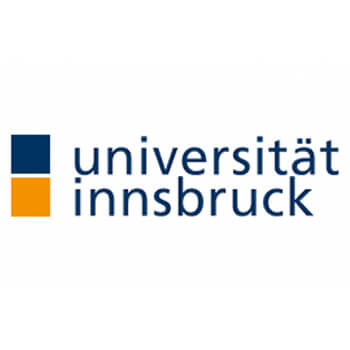
Founded: 1669
Address: Innrain 52 A - Innsbruck, Austria
Phone: +43 512507 32623, 32602
Address: Innrain 52 A - Innsbruck, Austria
Phone: +43 512507 32623, 32602
Here you find out University of Innsbruck complete information about fees, location, degree University of Innsbruck offers, number, website, and much more. University of Innsbruck is a leading university in Innsbruck - Austria.
You can also find out jobs at University of Innsbruck for students, teachers, and professors. We also update the database for an internship at University of Innsbruck for students.
The University of Innsbruck has a long history dating back as far as 1669, the year it was founded. The University of Innsbruck is the main university for the Tyrol, South Tyrol, Vorarlberg and the Principality of Liechtenstein and aims at promoting and facilitating a lively exchange between science and the public. Sustainable academic and social values are the foundation for achieving its goal... of having an impact on society.
Within the framework of several activities, the University substantiates the assignment it takes on for the society of the region by bringing research, teaching and administrative functions closer to the general public.
Founded in 1669, the Leopold-Franzens University Innsbruck is the largest university in the western part of Austria. Located at a traditional north-south crossroads connecting Europe, we are oriented internationally while positioned locally.
Learning from the long and sometimes problematic history of the University, we build bridges into the future. Our strength is managing seemingly conflicting topics in a productive manner: asking globally oriented but regionally motivated research questions; self-confidently breaking with well-established knowledge while consciously respecting traditions; and capitalizing on academic freedom while treating it responsibly. In this environment of balanced diversity everyone at the University acts as a member of society as well as a link to society.
This philosophy is reflected in our current main research areas: Alpine Space – Man and Environment, Cultural Encounters – Cultural Conflicts, Molecular Biosciences, Physics and Scientific Computing. All knowledge gained from our research is available to the public to initiate, foster and advance informed discussions and sometimes vigorous debates inside and outside of the academic world.
The University of Innsbruck as a vital social force stands for high-quality independent research and education. All members of the University, students and staff alike, actively take responsibility to sustainably contribute to developments at the University and in society. As a University we create an environment where free, creative and daring thinking can prosper and we offer diverse opportunities through comprehensive education. Our leading principles to promote these values are: participation, cooperation, trust and transparency as the democratic tradition demands.
Based upon the academic ideal of a comprehensive university offering all disciplines, the breadth and depth of academic fields at the University of Innsbruck drive research and teaching while serving society. Research-driven teaching is the basis for leading our students to outstanding achievements in their daily life and professional career. It is also the foundation of higher education and develops future academics. Despite its regional roots, the University of Innsbruck is ready to compete internationally with other higher education institutions for the brightest minds and ideas while collaborating with other universities.
As society continues to rapidly evolve, knowledge generated at the University significantly benefits everyone. It gives guidance but also promotes a culture of scrutiny; it explains connections and leads to new questions. Our educational aim is to strengthen critical faculty and judgement and to improve the quality of life of individuals and society as a whole.
In cooperation with cultural, political, economic and civil society institutions we participate responsibly in public discourse, thereby creating new perspectives for a positive development of society. In addition, we contribute to the self-fulfillment of everyone at the University and facilitate co-determination at all levels. We stay in contact with our alumni and strive to inspire them to the concept of lifelong learning.
Academic freedom is the foundation for our actions. It also commits us to evaluate our work, research findings and new technologies critically and ethically. In this context, it is natural that we use our resources sustainably.
We cultivate open and honest communication treating everyone on an equal footing. It is important to us to value personal achievements and support each other. By guaranteeing transparent structures and policies the University creates a motivating and engaging environment.
The University embraces diversity: people, ideas, life aspirations, opinions and methods, which we promote by striving for (gender) equality, inclusion and facilitating a balance between work, education and life commitments. This diversity is a pre-requisite for insightful and inspiring higher education, academic excellence and social recognition. In this regard, the Leopold-Franzens University Innsbruck acts as a role model and is an active advocate for an open society.
The history of the University of Innsbruck starts about 100 years before its official foundation in 1669, when in 1562 a Jesuit school/college was established. Emperor Leopold I used this school as a foundation to establish a university on 15 October, 1669. He guaranteed its financing by introducing a new extraordinary tax on salt extracted in Hall, the so called "Haller Salt Surcharge". Eight years later in 1677, the founding certificate was issued, which mentioned four faculties.
In the following years, the University had to endure challenging times – it was dissolved and reopened twice. In 1826, Francis I Emperor of Austria finally founded the Faculty of Philosophy and the Faculty of Law and, thereafter, other faculties were established step-by-step. In 1969 teaching started at the Faculty of Civil Engineering Sciences and Architecture, and in 1976 the Faculty of Sociology and Economics was established, which used to be integrated into the Faculty of Law and Political Science. Under the University Act 2002 the University was re-organized into 15 faculties and the Faculty of Medicine became a University in its own right – the Medical University of Innsbruck. In 2012 the Faculty of Teacher Education has been established and became the 16th faculty of the University of Innsbruck.
International Higher Education Rankings regularly prove that the University of Innsbruck – despite the difficult financial preconditions of all Austrian universities – plays an outstanding role as an education and research institution in the European higher education system.
The strategic direction into which the University is to go is laid down in the development plan, where the main strategies for future milestones are mapped out for several years. Thus, it is the basis for performance agreements concluded between the University and the Ministry of Science and Research on the one hand and the guideline for target agreements between the Faculties and the Rectorate on the other hand.
You can also find out jobs at University of Innsbruck for students, teachers, and professors. We also update the database for an internship at University of Innsbruck for students.
The University of Innsbruck has a long history dating back as far as 1669, the year it was founded. The University of Innsbruck is the main university for the Tyrol, South Tyrol, Vorarlberg and the Principality of Liechtenstein and aims at promoting and facilitating a lively exchange between science and the public. Sustainable academic and social values are the foundation for achieving its goal... of having an impact on society.
Within the framework of several activities, the University substantiates the assignment it takes on for the society of the region by bringing research, teaching and administrative functions closer to the general public.
Founded in 1669, the Leopold-Franzens University Innsbruck is the largest university in the western part of Austria. Located at a traditional north-south crossroads connecting Europe, we are oriented internationally while positioned locally.
Learning from the long and sometimes problematic history of the University, we build bridges into the future. Our strength is managing seemingly conflicting topics in a productive manner: asking globally oriented but regionally motivated research questions; self-confidently breaking with well-established knowledge while consciously respecting traditions; and capitalizing on academic freedom while treating it responsibly. In this environment of balanced diversity everyone at the University acts as a member of society as well as a link to society.
This philosophy is reflected in our current main research areas: Alpine Space – Man and Environment, Cultural Encounters – Cultural Conflicts, Molecular Biosciences, Physics and Scientific Computing. All knowledge gained from our research is available to the public to initiate, foster and advance informed discussions and sometimes vigorous debates inside and outside of the academic world.
The University of Innsbruck as a vital social force stands for high-quality independent research and education. All members of the University, students and staff alike, actively take responsibility to sustainably contribute to developments at the University and in society. As a University we create an environment where free, creative and daring thinking can prosper and we offer diverse opportunities through comprehensive education. Our leading principles to promote these values are: participation, cooperation, trust and transparency as the democratic tradition demands.
Based upon the academic ideal of a comprehensive university offering all disciplines, the breadth and depth of academic fields at the University of Innsbruck drive research and teaching while serving society. Research-driven teaching is the basis for leading our students to outstanding achievements in their daily life and professional career. It is also the foundation of higher education and develops future academics. Despite its regional roots, the University of Innsbruck is ready to compete internationally with other higher education institutions for the brightest minds and ideas while collaborating with other universities.
As society continues to rapidly evolve, knowledge generated at the University significantly benefits everyone. It gives guidance but also promotes a culture of scrutiny; it explains connections and leads to new questions. Our educational aim is to strengthen critical faculty and judgement and to improve the quality of life of individuals and society as a whole.
In cooperation with cultural, political, economic and civil society institutions we participate responsibly in public discourse, thereby creating new perspectives for a positive development of society. In addition, we contribute to the self-fulfillment of everyone at the University and facilitate co-determination at all levels. We stay in contact with our alumni and strive to inspire them to the concept of lifelong learning.
Academic freedom is the foundation for our actions. It also commits us to evaluate our work, research findings and new technologies critically and ethically. In this context, it is natural that we use our resources sustainably.
We cultivate open and honest communication treating everyone on an equal footing. It is important to us to value personal achievements and support each other. By guaranteeing transparent structures and policies the University creates a motivating and engaging environment.
The University embraces diversity: people, ideas, life aspirations, opinions and methods, which we promote by striving for (gender) equality, inclusion and facilitating a balance between work, education and life commitments. This diversity is a pre-requisite for insightful and inspiring higher education, academic excellence and social recognition. In this regard, the Leopold-Franzens University Innsbruck acts as a role model and is an active advocate for an open society.
The history of the University of Innsbruck starts about 100 years before its official foundation in 1669, when in 1562 a Jesuit school/college was established. Emperor Leopold I used this school as a foundation to establish a university on 15 October, 1669. He guaranteed its financing by introducing a new extraordinary tax on salt extracted in Hall, the so called "Haller Salt Surcharge". Eight years later in 1677, the founding certificate was issued, which mentioned four faculties.
In the following years, the University had to endure challenging times – it was dissolved and reopened twice. In 1826, Francis I Emperor of Austria finally founded the Faculty of Philosophy and the Faculty of Law and, thereafter, other faculties were established step-by-step. In 1969 teaching started at the Faculty of Civil Engineering Sciences and Architecture, and in 1976 the Faculty of Sociology and Economics was established, which used to be integrated into the Faculty of Law and Political Science. Under the University Act 2002 the University was re-organized into 15 faculties and the Faculty of Medicine became a University in its own right – the Medical University of Innsbruck. In 2012 the Faculty of Teacher Education has been established and became the 16th faculty of the University of Innsbruck.
International Higher Education Rankings regularly prove that the University of Innsbruck – despite the difficult financial preconditions of all Austrian universities – plays an outstanding role as an education and research institution in the European higher education system.
The strategic direction into which the University is to go is laid down in the development plan, where the main strategies for future milestones are mapped out for several years. Thus, it is the basis for performance agreements concluded between the University and the Ministry of Science and Research on the one hand and the guideline for target agreements between the Faculties and the Rectorate on the other hand.
Read More
Details:
LeaderShip: Vice-Rector: Dr. Bernhard Fugenschuh
Fees:
Time: 09:00 AM to 03:30 PM
Phone Number: +43 512507 32623, 32602
City: Innsbruck
Fees:
Time: 09:00 AM to 03:30 PM
Phone Number: +43 512507 32623, 32602
City: Innsbruck
Timing: 09:00 AM to 03:30 PM
Country: Austria
Staff: 3206
Website: http://www.uibk.ac.at
Country: Austria
Staff: 3206
Website: http://www.uibk.ac.at
Subjects:
- Architecture
- Art
- Banking
- Civil Engineering
- Computer Science
- Economics
- Education
- Environmental Sciences
- Finance
- Languages
- Law
- Pharmacy
- Politics
Video:
Jobs in University of Innsbruck
Currently, there is no job opening in University of Innsbruck as per our database.

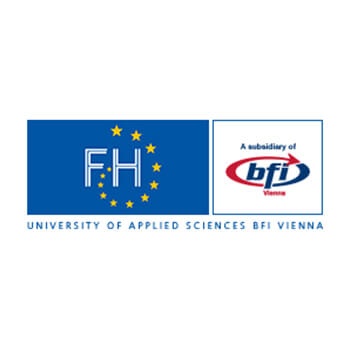
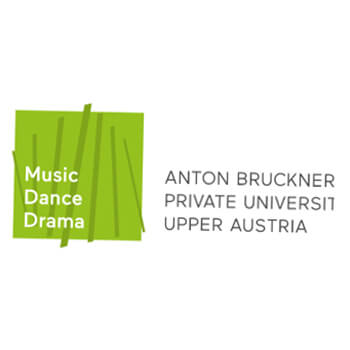
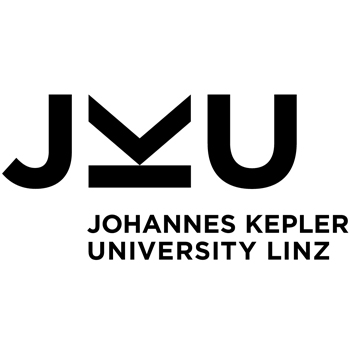
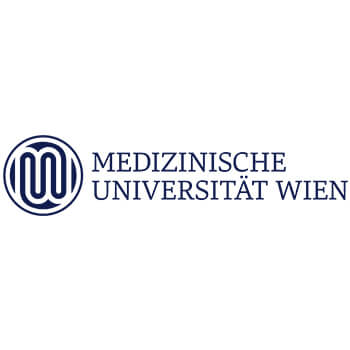
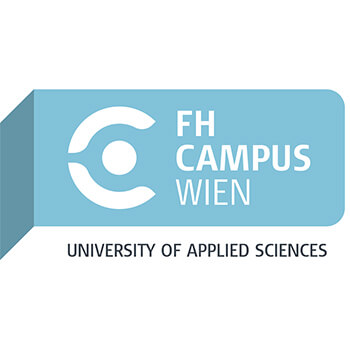
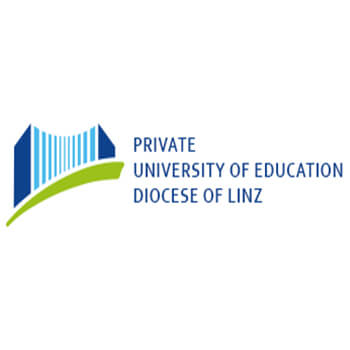
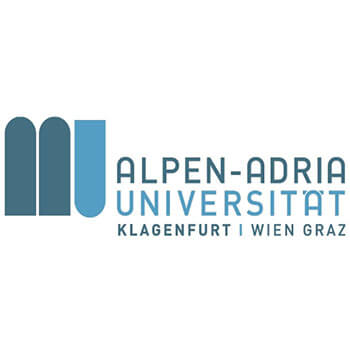
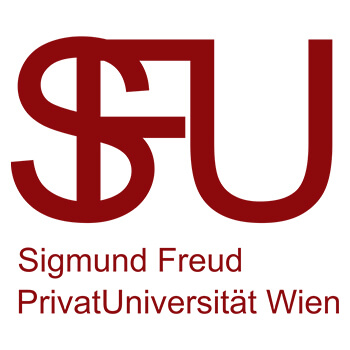










Leave a Reply